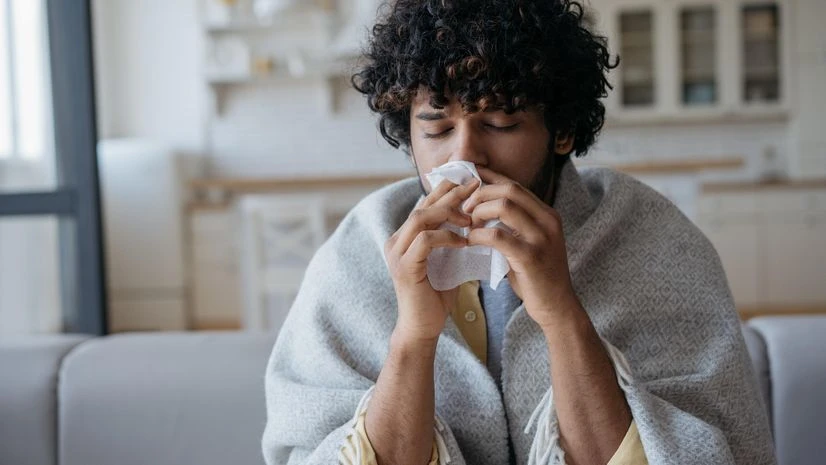The Ministry of Health and Family Welfare (MoHFW), on Saturday, announced it is closely monitoring the situation in China following a surge in respiratory illnesses. A joint monitoring group, chaired by Director General of Health Services (DGHS) Atul Goel, convened to assess the outbreak, terming the situation in China as "not unusual" given the ongoing flu season.
“The government will continue to keep a close watch on the outbreak through all available channels,” the health ministry stated. It added that the World Health Organization (WHO) has been requested to provide timely updates on the situation in China.
The announcement follows reports of a rise in cases of Human Metapneumovirus (HMPV) in China in recent weeks. The ministry noted that the current surge is reportedly caused by Influenza virus, Respiratory Syncytial Virus (RSV), and HMPV, pathogens typically associated with the flu season.
HMPV is a viral respiratory infection that causes symptoms resembling the common cold. It spreads via droplets, direct contact, and possibly airborne particles. Symptoms range from mild, such as a runny nose, to severe, including breathing difficulties and chest pain.
The joint monitoring group confirmed that HMPV is already in circulation globally, including in India.
Also Read
No unusual trends in India
In India, data from the Indian Council for Medical Research (ICMR) and the Integrated Disease Surveillance Programme (IDSP) indicate no unusual surge in cases of Influenza-Like Illness (ILI) or Severe Acute Respiratory Illness (SARI).
To strengthen preparedness, the group recommended increasing the number of laboratories testing for HMPV under ICMR’s network. The organisation will monitor hMPV trends throughout the year.
“The ICMR network already tests for other respiratory viruses, including Adenovirus and RSV, and none of these pathogens have shown an unusual increase in the tested samples,” the ministry stated.
Preparedness measures
The joint monitoring group assured that India’s health systems and surveillance networks remain vigilant to promptly address any emerging health challenges.
The meeting included experts from ICMR, IDSP, WHO, Disaster Management Cell, National Centre for Disease Control (NCDC), Emergency Medical Relief (EMR) Division, and hospitals such as AIIMS, Delhi.

)